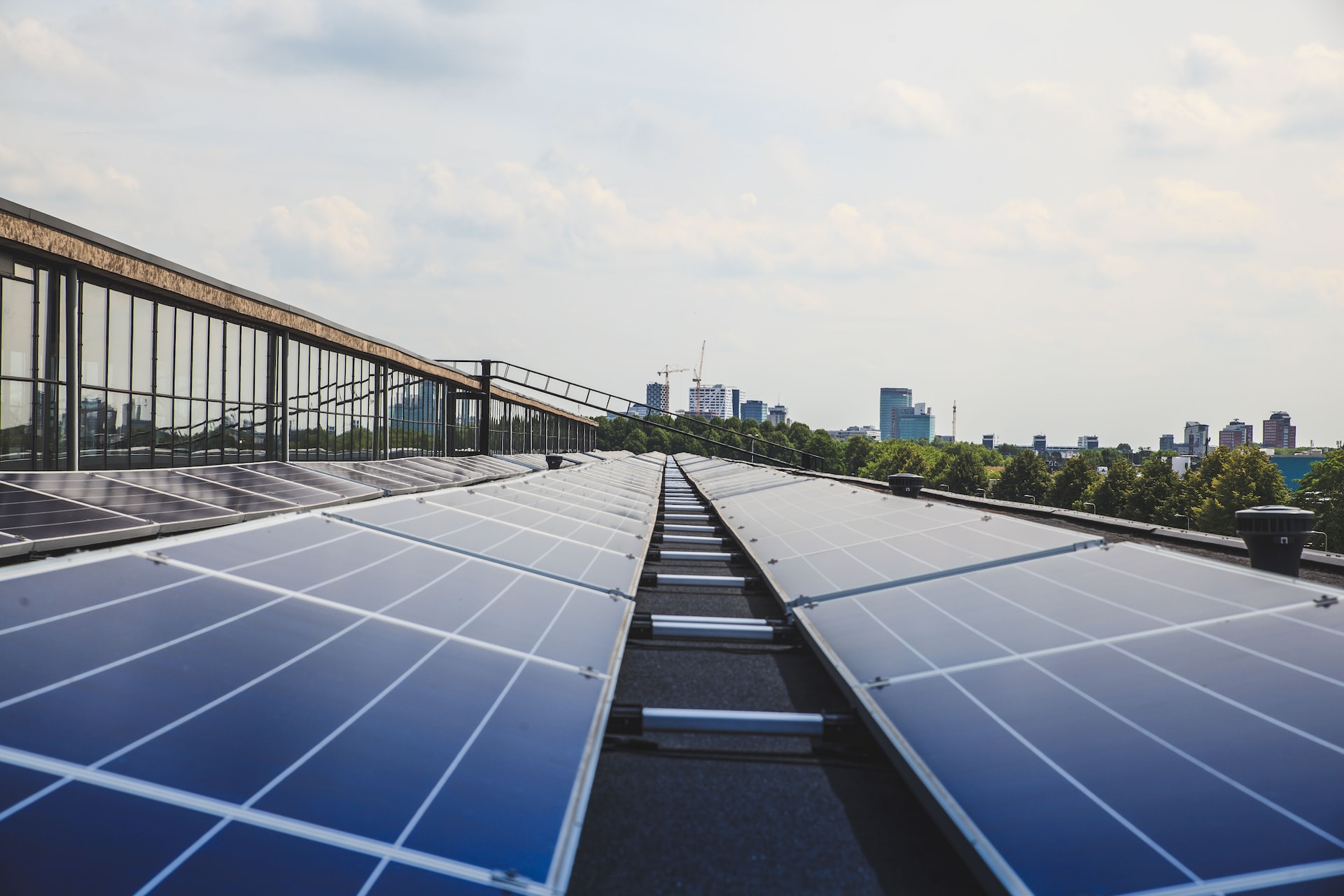
The Pros and Cons of Commercial Building Solar Panels
February 27, 2023 - Ellie Gabel
Revolutionized is reader-supported. When you buy through links on our site, we may earn an affiliate commision. Learn more here.
Businesses use a lot of energy. For most companies, this energy comes mainly from fossil fuels, but it doesn’t have to be that way. Commercial building solar panels can provide a green power source to help these facilities cut their emissions.
Solar installations are an increasingly common sight across houses and apartment buildings, but they can power businesses, too. Of course, this technology is still relatively new, so you may have lingering questions before you’re ready to invest in it. With that in mind, here’s a look at the pros and cons of solar panels for commercial buildings.
Benefits of Commercial Building Solar Panels
In many ways, commercial buildings present a better use for solar panels than their residential counterparts. With more space and liquid capital, businesses could generate considerably more green power than a house. Here’s how that would benefit them.
Sustainability
The most obvious advantage of solar panels for businesses is their sustainability. It’s becoming increasingly important to use alternative energy sources as climate issues grow. While electricity isn’t the sole factor behind companies’ carbon footprints, it represents a big chunk of it.
A single building switching to solar energy won’t save the world, but it’s a helpful step forward. Because commercial solar panels are larger than residential ones, each installation generates more electricity. That means a single business can make a bigger dent in fossil fuel usage than several houses combined.
Considering how businesses use more energy than consumers, it’s more important for them to embrace green power. Installing solar panels along a business’s roof helps move toward that goal. Even if companies don’t generate all of their electricity through these installations, every change helps.
Energy Savings
Solar panels can also help businesses reduce their ongoing expenses. With fossil fuels, you have to buy electricity from the grid, but renewables like solar don’t always work that way. Installing solar panels on your roof lets you generate your own electricity, reducing what you have to pay the power company.
While some businesses get their solar power from grid-scale solar farms, installations on commercial buildings provide independence. In addition to cutting monthly bills, this energy independence keeps companies safe from price fluctuations they may face when dealing with a power company.
Solar power itself is also cheaper per kilowatt-hour (kWh) than fossil fuel-derived electricity. Electricity from fossil fuels costs between $0.05 and $0.17 per kWh, while solar energy costs between $0.03 and $0.06 per kWh, and these prices keep falling.
Marketing Opportunities
Installing solar panels on commercial buildings also presents an enticing marketing opportunity. As people become more familiar with climate issues and their severity, consumer preferences are trending toward sustainability. More eco-friendly businesses will see rising sales and customer loyalty as this trend continues.
As younger generations make up an increasing portion of consumer markets, sustainable marketing is becoming more important. One study found that more than 70% of Gen Z customers say a brand’s climate actions heavily influence their purchasing decisions, compared to 45% of Baby Boomers. Embracing green energy through solar power would help businesses appeal to these sentiments.
Rooftop solar installations give companies hard evidence they can point to as proof of their sustainability initiatives. These visible, easily understood changes help avoid accusations of greenwashing, where companies claim to be eco-friendly when they’re not in reality.
Potential Downsides
While commercial building solar panels have many benefits, they carry some disadvantages, too. It’s important to understand these downsides to make the most informed decision.
High Upfront Costs
The biggest issue many companies face with solar panels is their high upfront price. While this infrastructure pays off for itself over time, installing it is an expensive process. Consequently, not every installation is economically viable for every building.
The cost of solar panels themselves isn’t the only economic issue, either. Some commercial buildings may not have a strong or flat enough roof to support the installation. In those cases, maintenance, upgrades or even replacements may be necessary, which will raise the upfront expenses even more.
Energy savings and tax credits will help make up for these, but these are limited and may take time. Smaller businesses or those that need more extensive roof upgrades may not be able to afford large solar installations as a result.
Reliability Concerns
Another potential downside to commercial building solar panels is their reliability. Solar power is highly intermittent, producing more energy at some times of day than others and varying year to year. How much power it generates depends on the elements, which isn’t ideal for businesses.
Peak power production likely won’t align with businesses’ highest demand periods. Buildings may need more energy to keep lights on after the sun sets, but solar panels won’t generate any electricity then. This lack of consistent power means most businesses can’t rely entirely on solar power.
Buying energy from the grid to make up for solar’s peaks and valleys will slow its economic returns. Alternatively, commercial property owners may install battery storage systems to let them rely more on solar power, but these are expensive.
Implementing Commercial Building Solar Panels Effectively
Commercial building solar panels can still be an excellent investment, but they require a careful approach. Property owners who want to make the most of them should consider these advantages and disadvantages to determine the best path forward.
Start by looking at how effective solar panels would be on your property. Generally speaking, areas in lower latitudes and drier climates will generate more solar power than others. Similarly, roofs free from shade and dramatic seasonal changes will produce the most reliable energy. An audit may be necessary to determine these conditions in specificity.
With this information in mind, you can then look at the expected costs. Compare various panel types from multiple vendors, being sure to note their efficiency, as more efficient panels may produce a faster ROI. Check for applicable state or federal tax incentives to help offset these costs, too.
Finally, remember that it’s best to start small before expanding. Begin with just a few solar panels, then slowly grow from there, noting what works the best and what falls short of expectations. This approach will help account for high costs and boost ROIs.
Commercial Buildings Can Gain a Lot from Solar Panels
With the right approach, commercial building solar panels can bring many benefits. Moving away from fossil fuels is crucial, and these installations are a great step toward that goal for many commercial properties. While the technology still isn’t perfect, some businesses can expect to see considerable improvements from these systems.
Revolutionized is reader-supported. When you buy through links on our site, we may earn an affiliate commision. Learn more here.
Author
Ellie Gabel
Ellie Gabel is a science writer specializing in astronomy and environmental science and is the Associate Editor of Revolutionized. Ellie's love of science stems from reading Richard Dawkins books and her favorite science magazines as a child, where she fell in love with the experiments included in each edition.
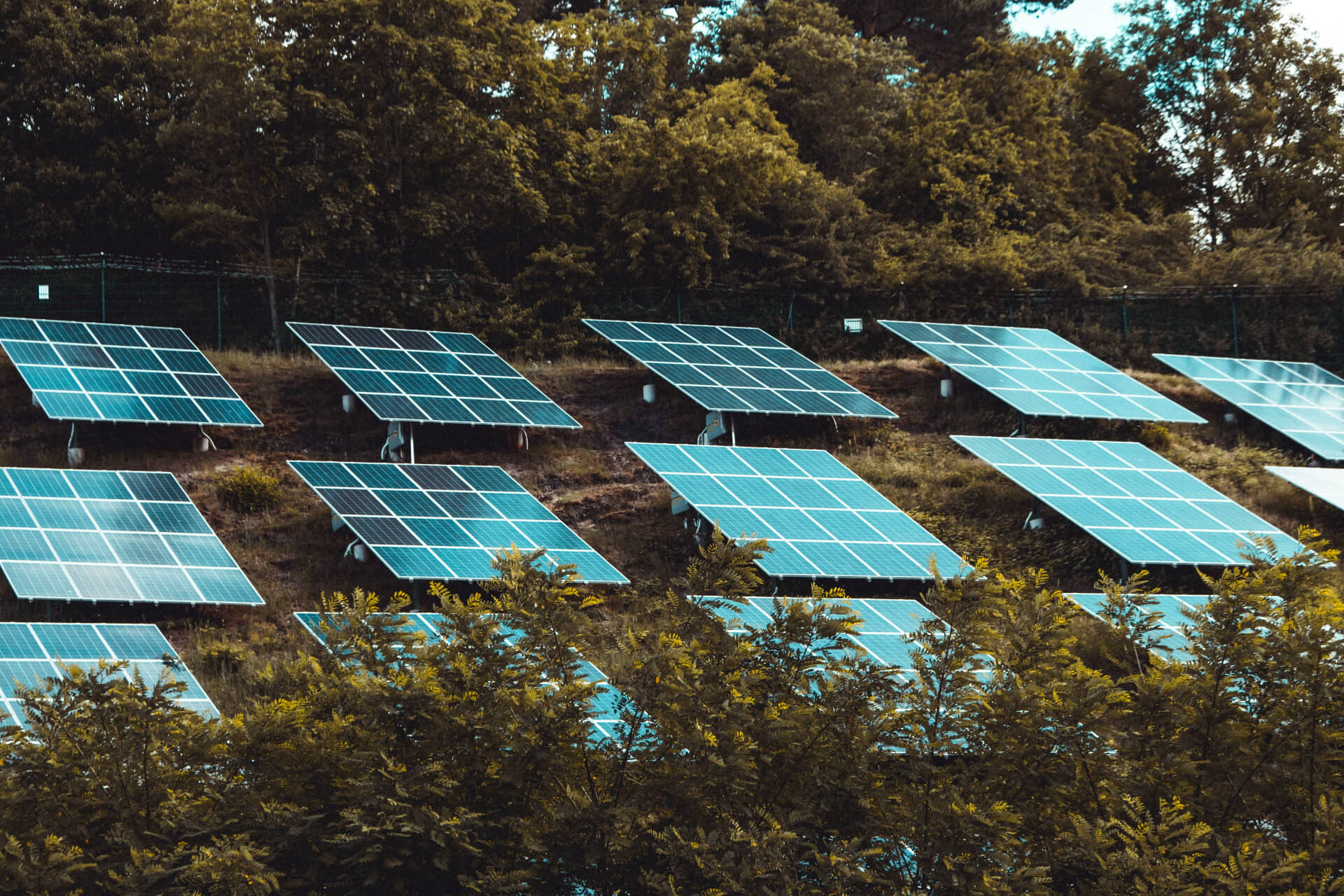
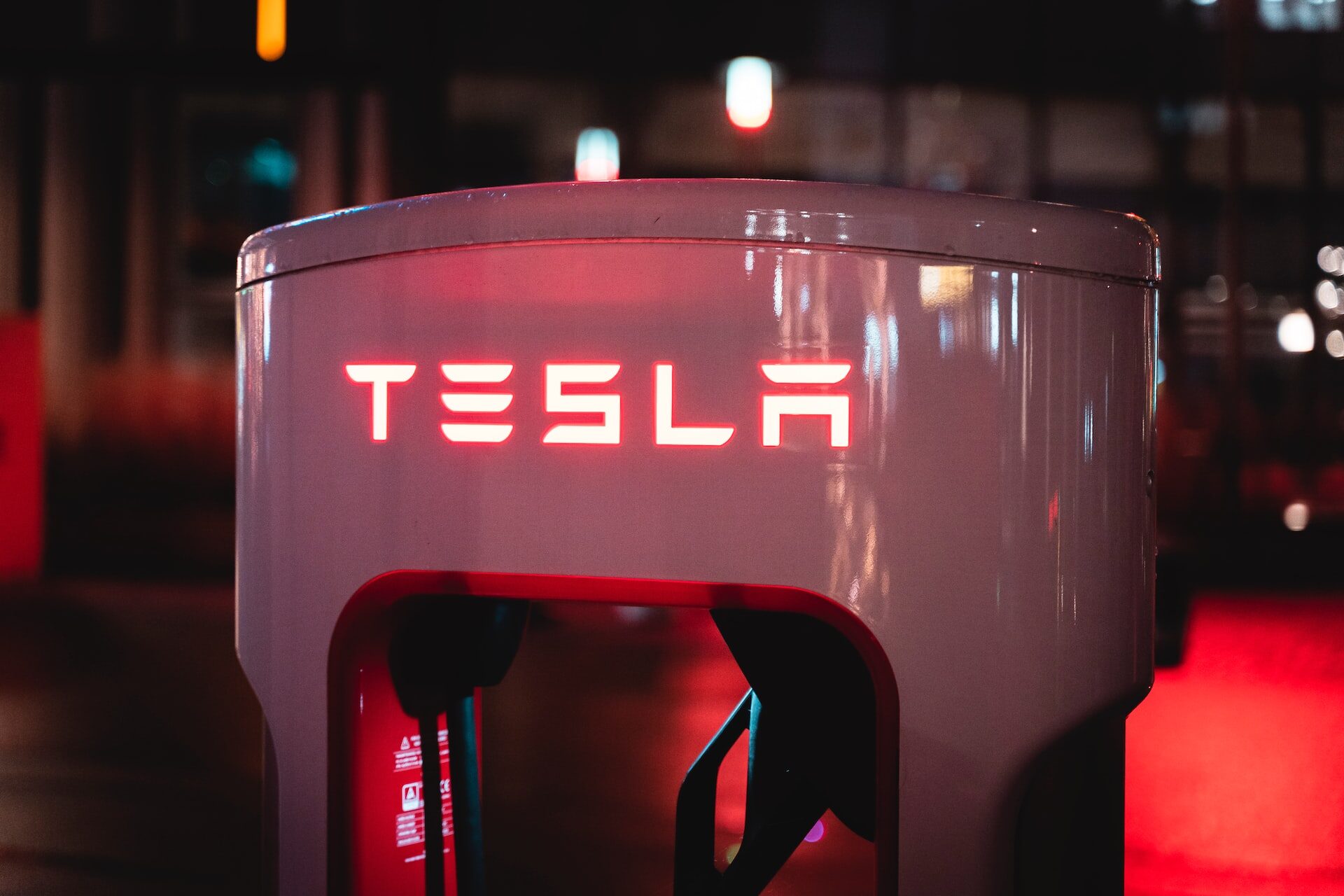
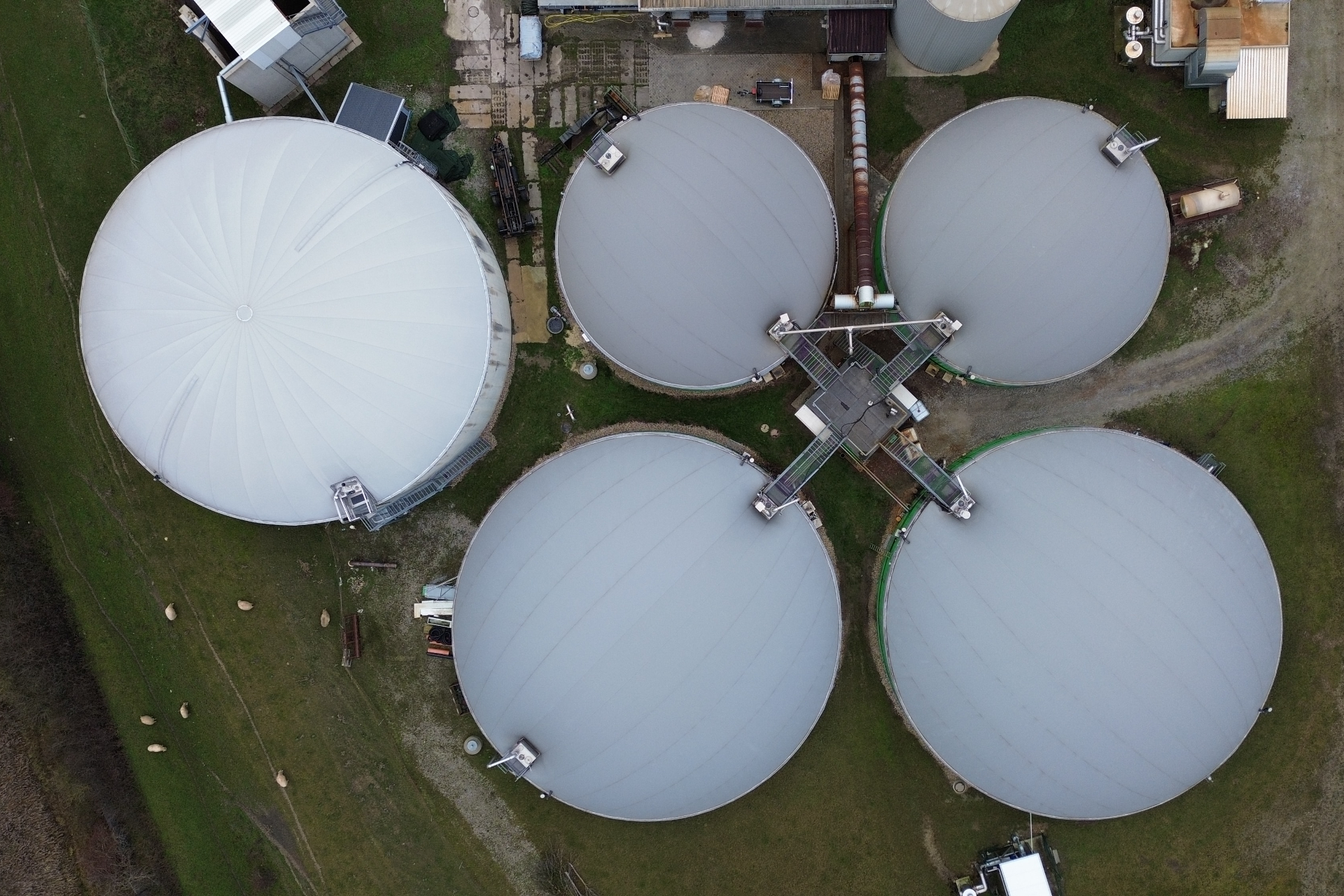
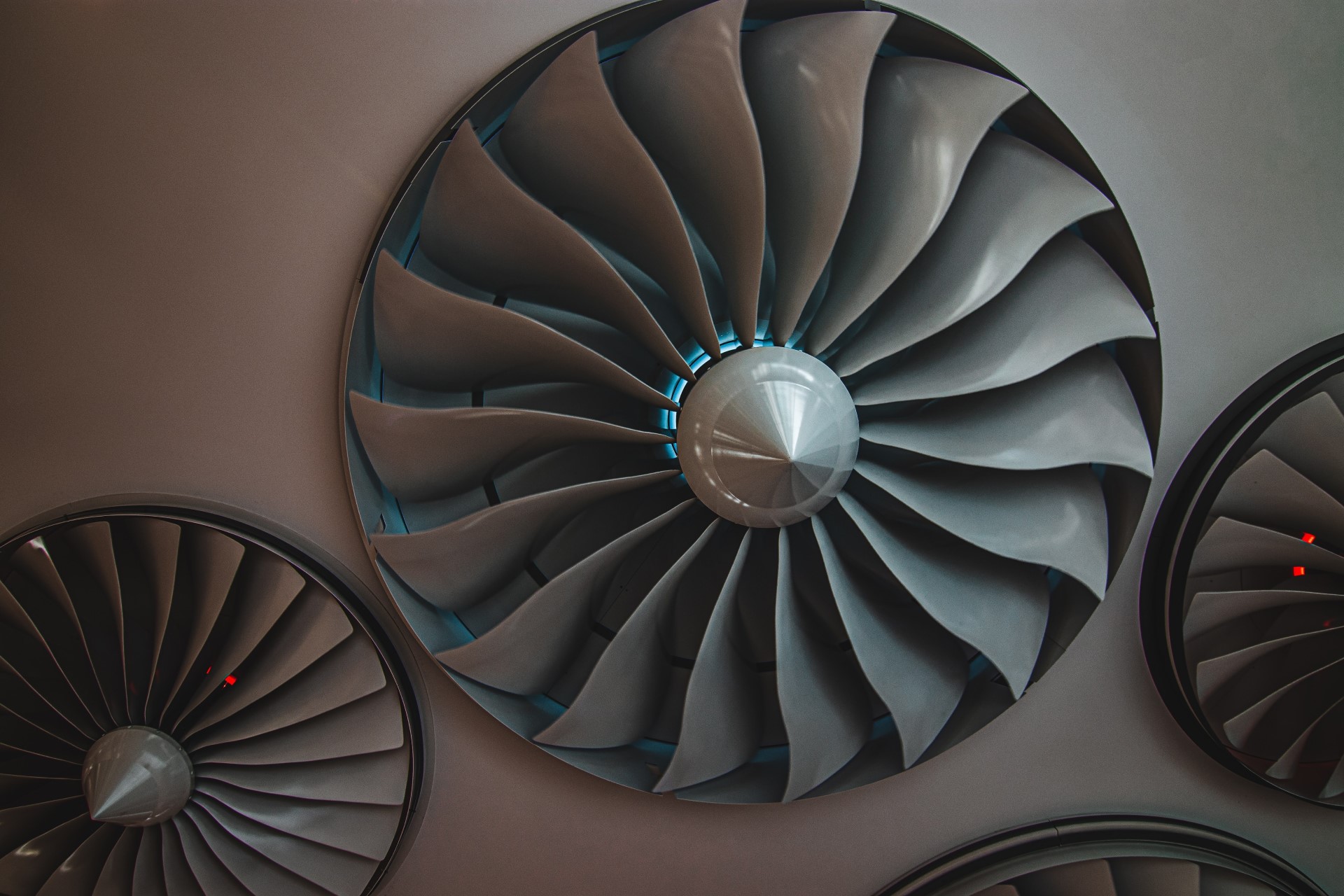
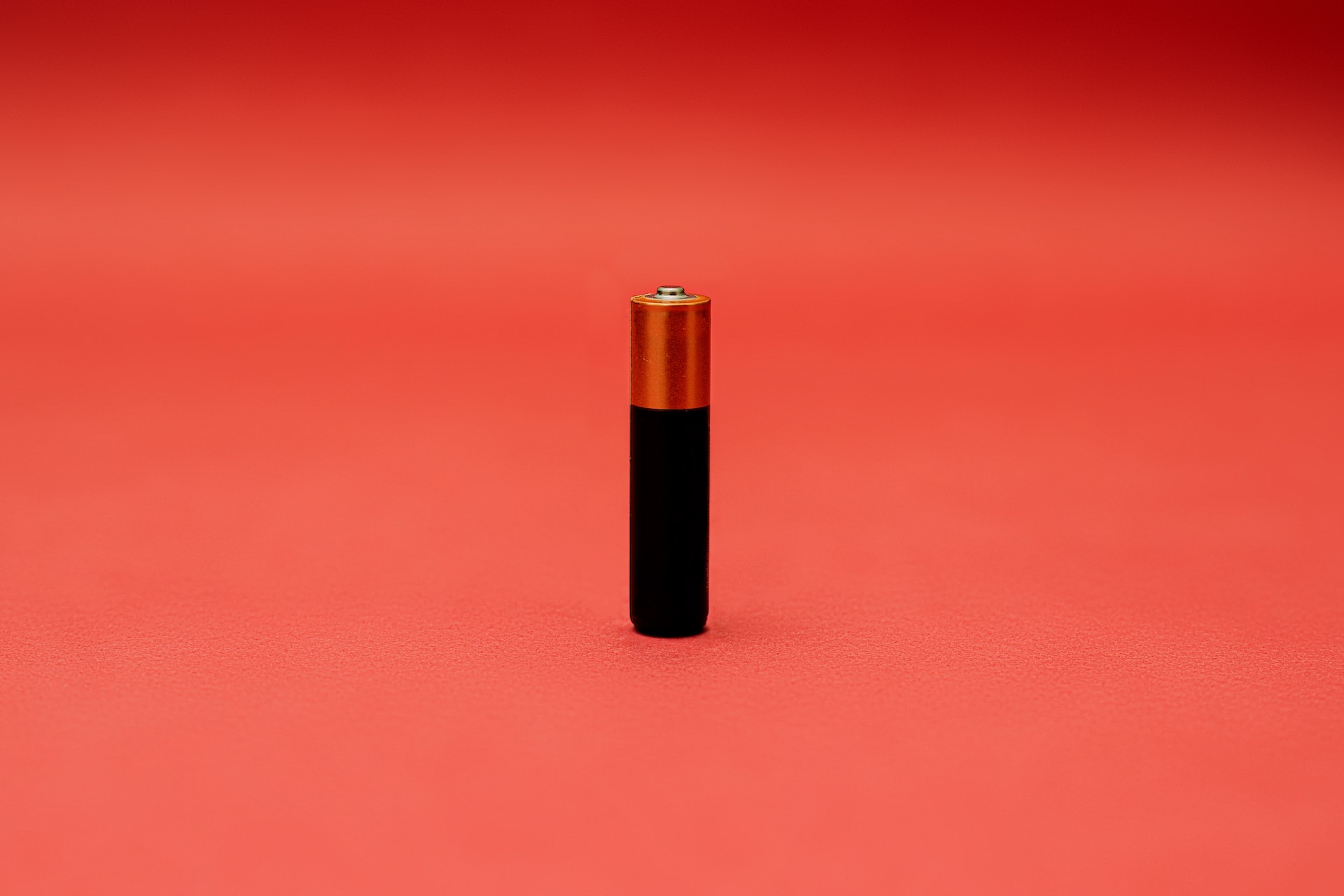
It’s great that you emphasized how businesses can reduce their ongoing expenses by having solar panels to help with energy savings since our roof will let us generate our own electricity. My brother runs a welding factory, and since they use electricity to power their equipment and tools, he wants to know what he can do to help reduce their operational costs without compromising their productivity. I’ll be sure to suggest commercial solar installation to him once I find a reliable service provider to hire for it.